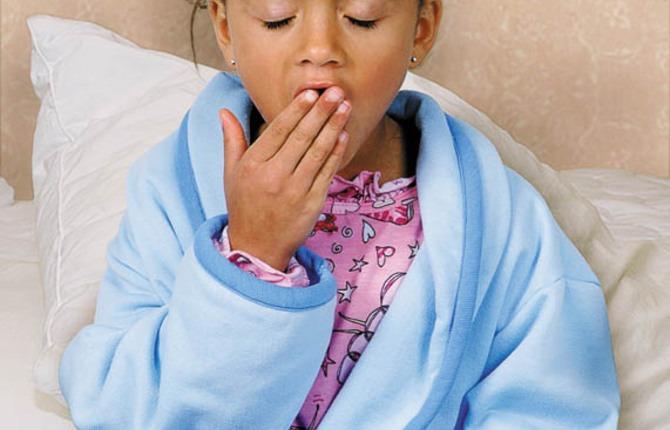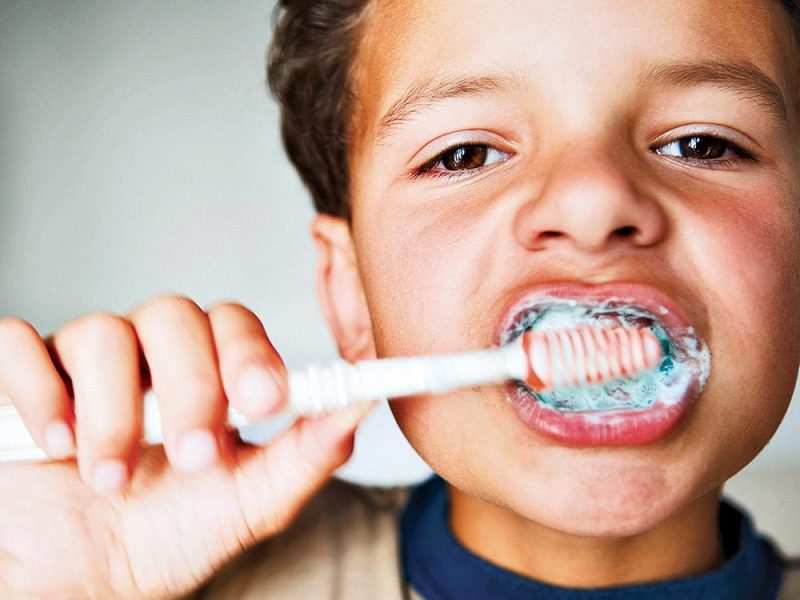
Pre-teen night owls
It’s taken scientists more than two centuries to figure out why Benjamin Franklin’s timeless advice—”Early to bed and early to rise” makes so much sense.
But now that they are able to monitor the impact of sleep habits on body systems in a way that simply wasn’t possible in Franklin’s day, they’ve been able to prove that there’s a lot of wisdom in Ben’s advice, particularly when it’s applied to preteens.
Researchers at Penn University analyzed the sleep habits of preteens using a scale that assesses how well that individual functions at night versus in the morning. They found that preteens who demonstrated an extreme preference for “eveningness” (what we non-scientists more typically call night owl behavior) were more likely to exhibit anti-social behavior, lack of control, and difficulty concentrating than their sleep opposites, the early risers.
The stress hormone cortisol tends to produce a particularly powerful effect in preteens who pass through puberty early. And the effect is especially pronounced in boys.
Parents can help their preteens to stay on track by recognizing the early signs of eveningness (staying up late and sleeping in late) and ensuring that their preteens are getting adequate sleep (10 to 11 hours of sleep per night).
Ann Douglas is a mother of four and the author of numerous books about pregnancy and parenting, including The Mother of All Parenting Books and Sleep Solutions for Your Baby, Toddler, and Preschooler. Find out more at www.having-a-baby.com





